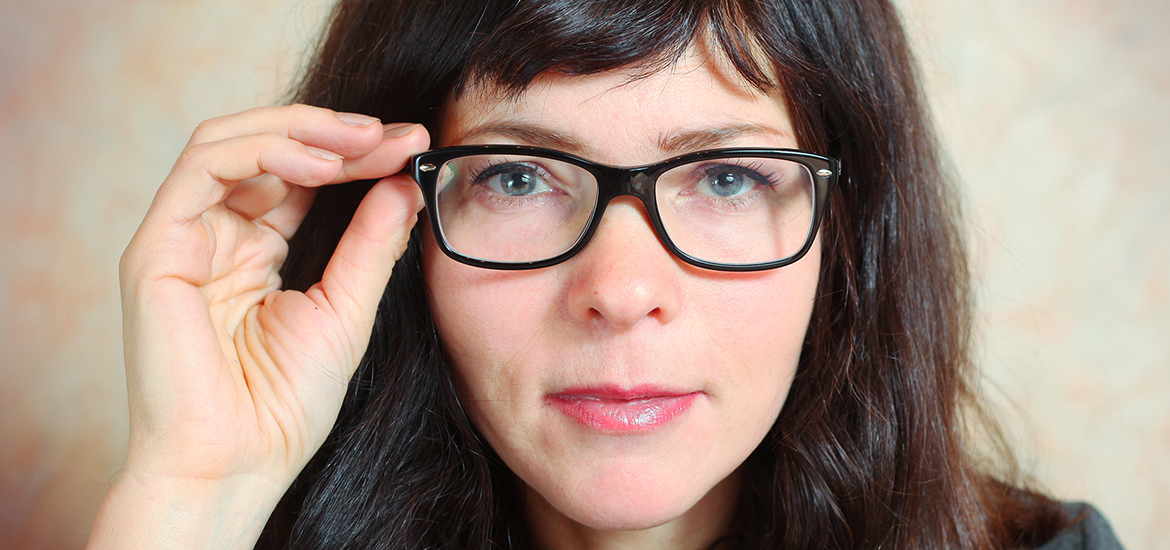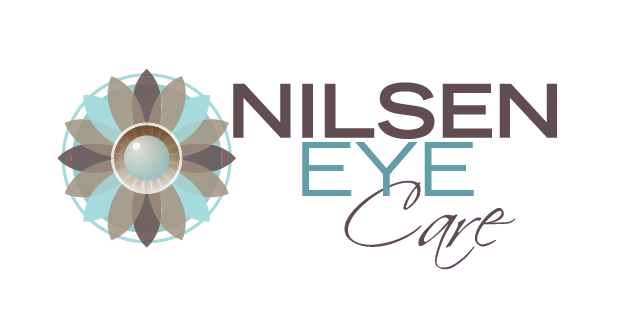
Living with Low Vision
People of all ages are visually impaired, but the majority of people living with low vision are 65 and older. Low vision can be extremely frustrating to live with, because affected people may have had great vision their entire lives up until a certain age. The traumatic deterioration can lead to depression.
Low vision is a significant visual impairment that can not be completely corrected with corrective lenses, medicine, or surgery. Most people with low vision are considered “legally blind”. People living with glaucoma and diabetes have a higher risk of developing low vision, as the disease can have an affect on a person’s eyesight. With low vision it can be difficult to complete everyday tasks such as reading, driving, shopping, writing/typing, and preparing meals.
Low vision can create job loss in those who are affected, as most jobs require good eyesight. The employment rate for those who are visually impaired was only 37.2 percent in 2010 (U.S. Census Bureau’s American Community Survey of 2010). Part of the reason people with low vision are unable to work is because of their lack of ability to have transportation to their job. Driving may no longer be an option, and navigating the routes of public transportation can be difficult for those who are visually impaired.
There are multiple symptoms and signs of low vision. If you already wear glasses and are experiencing trouble with your eyesight, then you may be developing low vision. People with low vision can have difficulty recognizing familiar faces, performing tasks that require seeing well up close, and reading street signs. If you are experiencing any of these symptoms, it may be time to schedule an appointment with your eye doctor. Catching symptoms of low vision early can lead to a more successful treatment route.
If your eye doctor determines that you are having vision loss that cannot be corrected with eyeware, you will then be sent to a low vision specialist. Most low vision specialists are optometrist, and they can examine how far along your low vision has progressed, and prescribe you with aids that will help enhance your eyesight.
Fortunately, in a large number of cases, vision can be enhanced by low vision devices. These devices contain a variety of magnifiers that can help improve eyesight for those with low vision. Each case of low vision is unique, and your eye doctor can determine the best device to meet your needs. Low vision devices can help those who are visually impaired live independently and regain the ability to perform regular everyday tasks as they have in their past.
Other ways to cope with low vision include large print text, books on audio, enhanced lighting, and writing guides for signing documents and checks. If you believe you or a loved one is beginning to show symptoms of low vision, contact your eye doctor to schedule an eye exam.



